By Femi Soneye
It took President Muhammadu Buhari’s intervention to fault and reverse the decision by the National Executive Committee (NEC) of the All Progressives Congress (APC) extending the tenure of the National Working Committee, NWC, which is expected to terminate in June this year in accordance with the provision of the party’s constitution, till June 2019.
If the decision had not been faulted and reversed by the president who is the leader of the party, the current NWC members and state working committee members would have been in office to preside over the party’s nomination primaries for the various elective posts in the forthcoming 2019 general elections.
That would have sounded the death knell for the APC because of the sheer impunity that the NWC members, especially those who have an axe to grind with some influential leaders of the party, would perpetrate to undermine vested political interests and to torpedo the domination of zonal structures.
The most-targeted political leader in the orchestrated assault is Asiwaju Ahmed Bola Tinubu whose control of the southwest zone is under existential threat from those he had politically empowered. In Lagos, there have been quiet rebellions to upstage his applecart. It is no secret that the man he installed as his successor in office, Babatunde Fasola, who is the current minister of Power, Works and Housing has since defined his separate political identity.
Fashola is operating in cahoots with some elements in the party in Lagos and even beyond Lagos. The combination of Fasola, Minister of Solid Minirels Development, Dr. Kayode Fayemi, from Ekiti and the governor of Ondo state, Chief Rotimi Akeredolu (SAN), as well as some satellite allies in the north, has committed to shattering the political influence of Tinubu. The man who superintended and mobilized the entire southwest zone for Muhammadu Buhari in the 2015 general election has almost been beaten back and restricted to Lagos.
Governor Ibikunle Amosun has taken effective charge of his Ogun state. The same thing applies to Governor Abiola Ajimobi of Oyo state.
Ekiti state was taken from APC in 2015 by Governor Ayodele Fayose of the PDP. In Osun, Tinubu’s man Friday, Ogbeni Rauf Aregbesola is holding the forte. Incidentally, Tinubu is believed to have historically come from Iragbiji in Osun state. He can also rest assured in Lagos on the solid loyalty of Governor Akinwunmi Ambode whom he single-handed installed.
Tinubu has invested so much in building political loyalty and structures. He was instrumental to the emergence of Chief John Odigie-Oyegun as national chairman of the APC. He ensured that Oyegun got the seat even when it was a two-horse race between him and another Edo man, Chief Tom Ikimi (the Akinrogun of Ife and the Oduma of Igueben). The decision to enthrone Oyegun resulted in Ikimi’s dumping the party for the Peoples Democratic Party (PDP) in 2014.
Today, Tinubu, understandably, does not want Oyegun to remain or continue as national chair. Oyegun has been hijacked by other forces in the APC which had used him to unconscionably circumvent Tinubu’s interests, especially in the race for Ondo governorship ticket. Sanctioning the alleged fraud that produced Akeredolu as the candidate was reprehensible to Tinubu. His preferred candidate, Dr Olusegun Abraham, has just had his suit challenging the nomination process sustained by the Supreme Court. The matter is back for proper trial. No reprieve yet for Akeredolu.
The drama in APC has continued to excite the polity even as Buhari’s intervention that exposed the illegality of the tenure elongation for the NWC has made the holding of a national convention in June this year imperative. There are genuine fears already that the process could become the seed of discord that will lead to its implosion.
Forces behind Oyegun are determined to rally behind him even if only to prove that Tinubu is not a master of the game of politics. Tinubu sees this as an opportunity to ensure that the Oyegun era becomes part of the party’s chequered history. He will do everything in the books to ensure that. Interestingly, the APC structure in Oyegun’s home state does not seem to approve of his continued stay as national chair.
There are feelers that the former governor of the state, Comrade Adams Oshiomhole is interested in the position. If he is, then Oyegun’s chances are further imperiled. The emerging scenario can only portend one outcome for the party: unbridled grudge fight. But does the party need that less than a year to the 2019 general elections? This is the reason some political quarters are canvassing the emergence of a consensus candidate for the position of national chair.
Since the position is ceded to the south-south, there is the need to search around for someone else. In essence, it should neither be sedate Oyegun nor rambunctious Oshiomhole. Oshiomhole gunning for national chair of the APC if Oyegun is in the race still will send profoundly wrong signals about betrayal, immorality and other vices that political guile promotes and exemplifies.
The race, which is nevertheless open, should beckon on someone like Mr. Clement David Ebri, who was once in the saddle as governor of Cross River state. He typifies the kind of national chair that the APC needs for a time like this to unite, stabilise and strengthen it. Others who are interested and have the capacity to steer the ship of the party to safety, should also be encouraged to throw their hats in the ring.
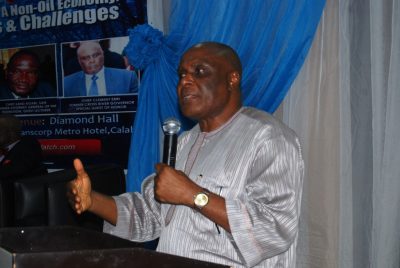
But for me, I think the 66-year old Ebri, tested public administrator, party leader and boardroom player, who was governor on the platform of the defunct National Republican Convention (NRC) between January 1992 and November 1993 fits perfectly for the job. President Muhammadu Buhari who craves a firm control of the party should tap people like him to build his own structure and loyalty. Ebri’s governorship came on the heels of his election into the 1989 constituent assembly
His deep sense of equanimity and legerdemain can be explored for utilitarian administration and proper conducts that will conduce to strengthening internal democracy and build up the party as a solid institution for liberal democracy and progressive political interactions. Ebri is cosmopolitan. He was chairman of the Presidential Committee on Review of the 1999 Constitution from 2000-2001. His last lead role was national chair of the Progressive People’s Alliance (PPA) from January 2008 to August 2009. That was after he left the All Nigerian Peoples Party (ANPP) in 2006.
Interestingly, the brain behind the formation of PPA and former governor of Abia state, Dr. Orji Uzor Kalu, has also gravitated to the APC. Ebri, therefore, has a number of referees who can attest to his suitability for the assignment that beckons. There is no doubt that he is a progressive politician. His political trajectory speaks to that essential summation of his political philosophy.
As an Economist who graduated magna cum laude from the University of Nsukka in 1977, Ebri, if he is in the saddle as national chair of APC, will be in a vantage position to explain the economic policies and directions of the ruling party from the perspectives of its manifesto. He will deploy his savvy to drive the existential narratives of the nation’s political economy, thus reinforcing the national economic outlook. Rebuilding the economy is critical to the redemption of Nigeria from the woods into which the undisciplined implementation of economic policies by successive administrations had taken her.
Interestingly, Ebri had been a journalist, rising to the position of acting editor of The Nigerian Chronicle from 1980 to 1981. He certainly understands the significant place of the Fourth estate of the realm in the interactions of the trinity of the executive, legislature and the judiciary. He understands how to mollycoddle the press for reciprocal support.
I do not doubt his passion, commitment, patriotism and nationalism that he invests in every task regardless of how inconsequential it looks. What this means in essence is that Ebri invests the same amount of these virtues in all of his assignments. He demonstrated this as member of the Cross River State Think Tank in 1980; chairman of the Board of Governors of Community Secondary School, Mkpani from 1982-1991; member of the Cross River State Task Force on Environmental Sanitation and Protection and Chairman of the Sub-committee on Recovery of Moveable Assets of Cross River State Government from 1985-1988; chairman of Cross River State Task Force on Books and Stationery from 1986-1989; and chairman of Cross River State Amateur Athletics Association from 1988-1991.
He was a director in two defunct banks, to wit: Mercantile Bank of Nigeria, Plc and Savannah Bank of Nigeria from 1988 to 1991. He is currently, chairman and chief executive officer of Dimaron (Nigeria) Limited. Ebri’s reputation precedes him. He cannot escape essential recommendation for the APC’s topmost party job.
- Femi Soneye is the publisher of Per Second News.











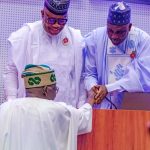
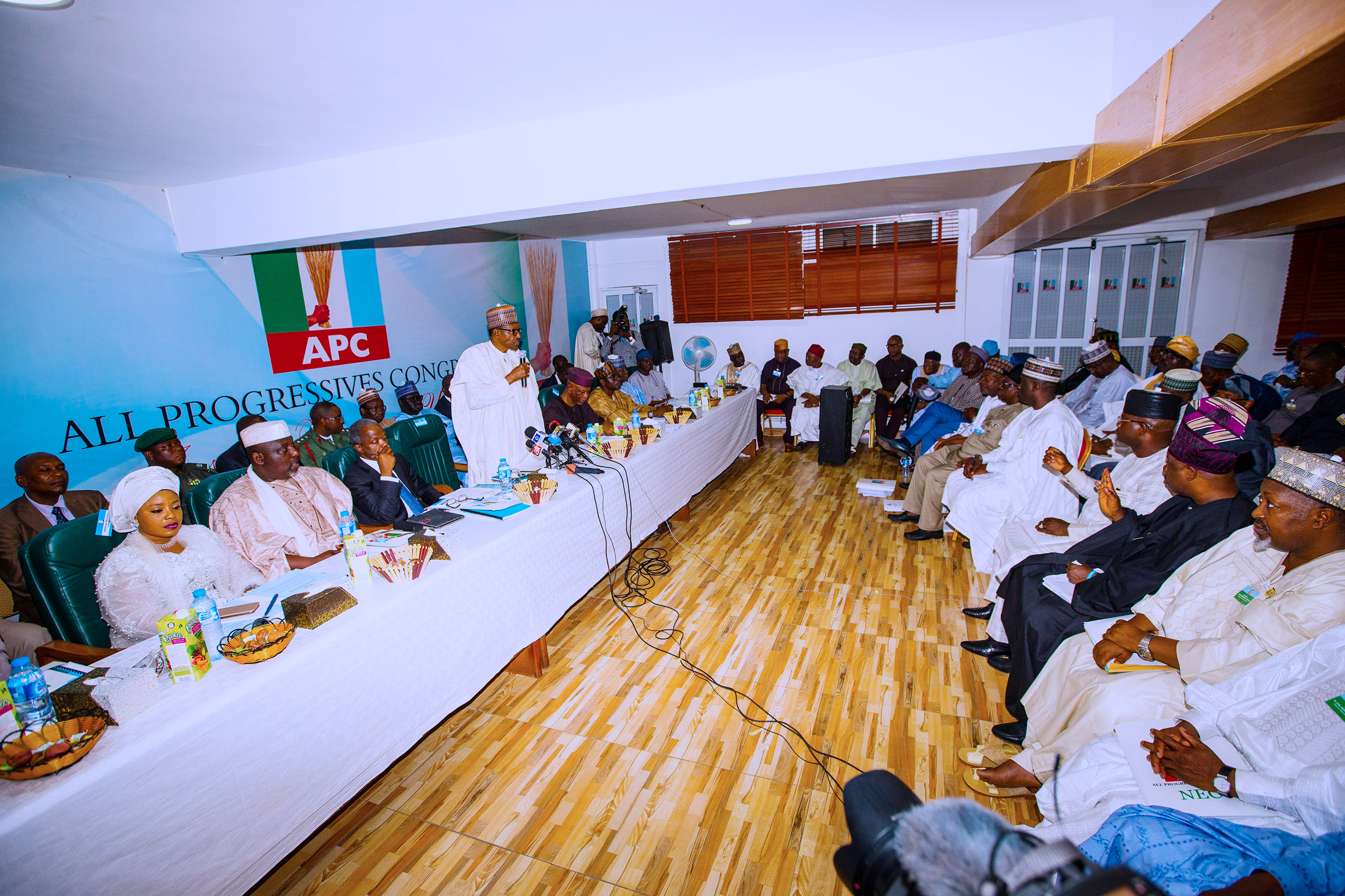


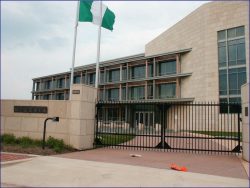





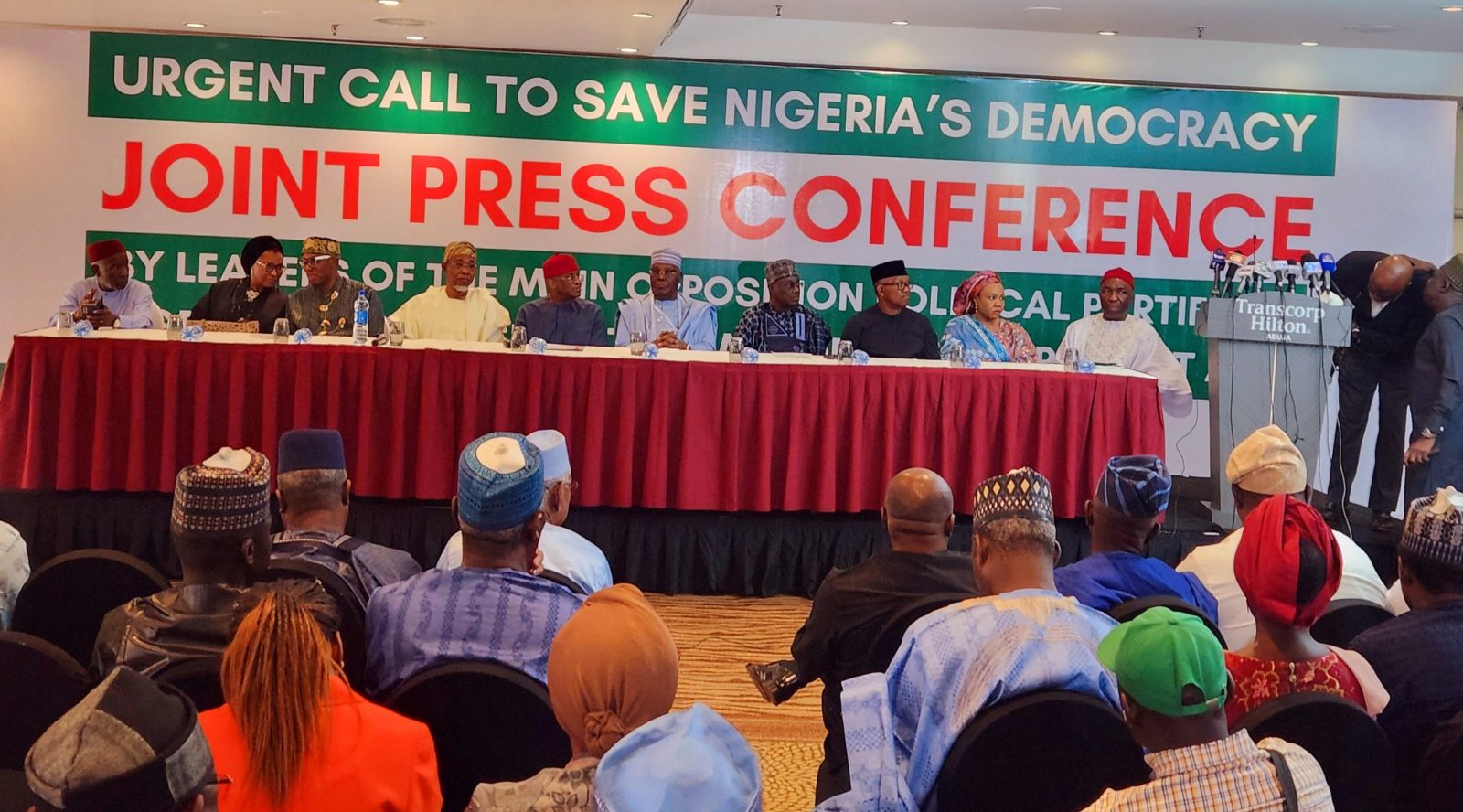
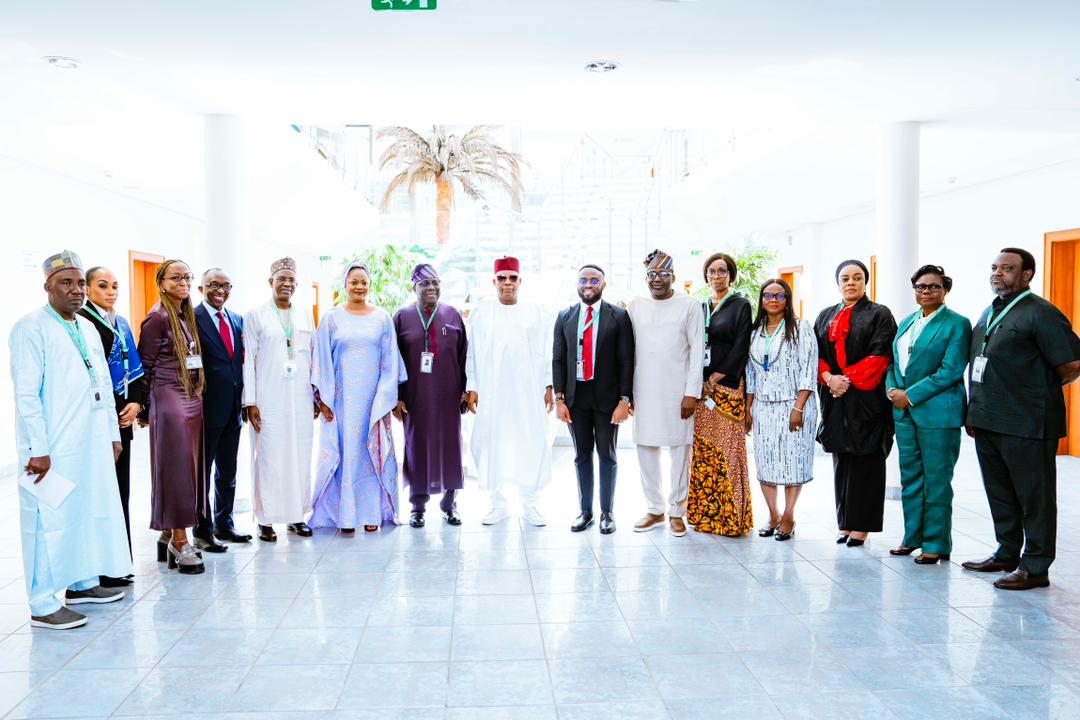
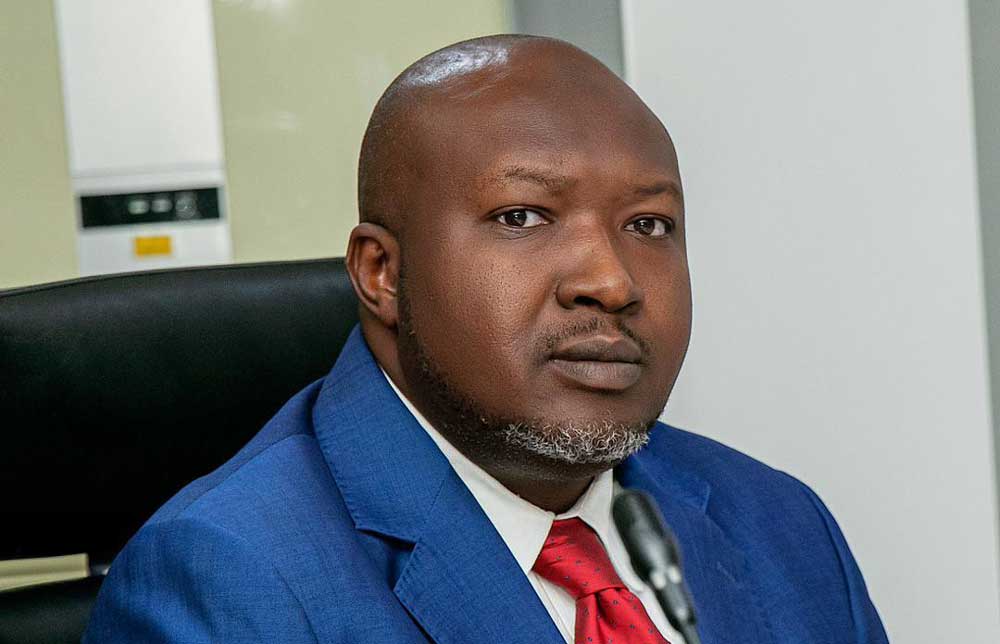
Leave a comment